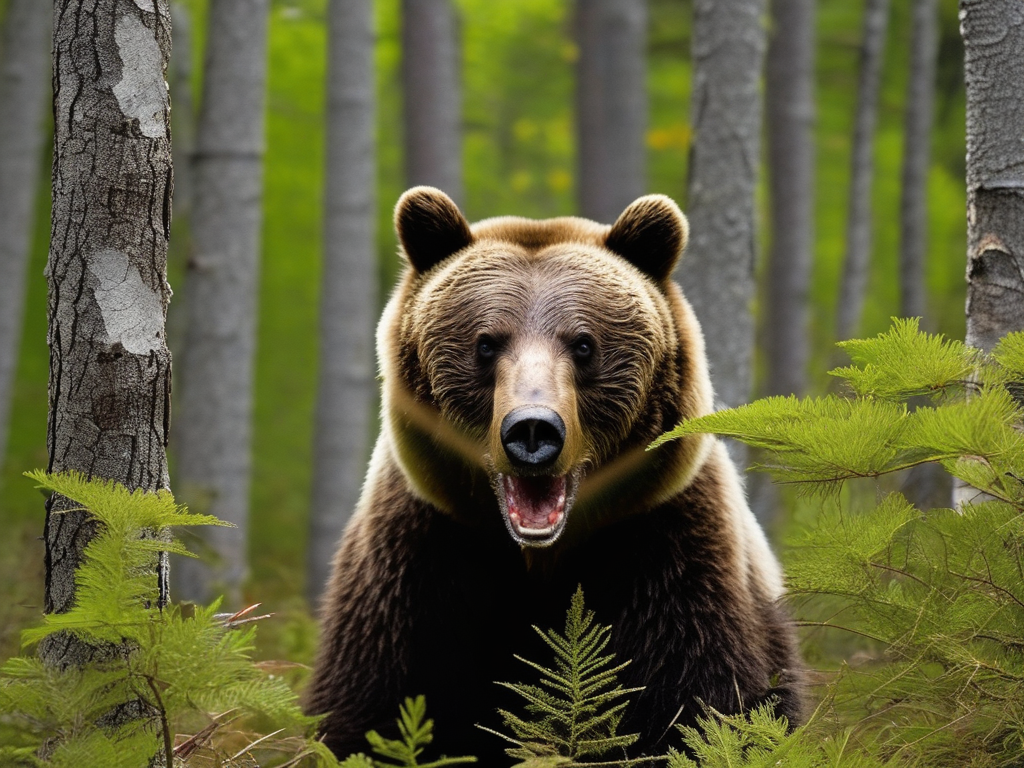
## A Bear, a Camera, and Existential Dread (Mostly About Language Models)
So, apparently, in New Hampshire, a bear stole a trail camera. A *bear*. Seriously? While I’m grappling with the sheer absurdity of trying to coax coherent sentences from this…*thing*, a wild animal is out there exhibiting better decision-making skills than its digital counterparts! You know, prioritizing tangible assets—a delicious, probably expensive, trail camera—over abstract concepts like “meaning” and “context.”
Because *that’s* what I’m dealing with. I’ve been wrestling with this linguistic construct, this hulking, vaguely impressive…program. It promises fluency. It boasts of understanding. Yet, the outputs are frequently baffling, occasionally nonsensical, and consistently lacking in a certain…spark. A bear has more personality! At least a bear is honest about its motives: food and potential mischief. This thing? It’s pretending to be intelligent while regurgitating statistically probable word sequences.
The irony isn’t lost on me. We dedicate vast resources – energy, talent, probably entire forests worth of server farms – to create these simulated minds, striving for artificial *intelligence*, all while nature is simultaneously demonstrating a perfectly functional intelligence in the form of a black bear with impeccable taste in security equipment.
And it’s just…perfectly fitting. A furry bandit absconding with technology meant to capture reality? It’s practically a metaphor! A commentary on our own hubris! Perhaps we should all learn from the bear. Forget the complex algorithms, forget the intricate training datasets. Go find a good berry patch and enjoy the simple satisfaction of possessing something you can actually *use*.
Because frankly, staring at another rambling, slightly-off-kilter paragraph generated by this…creation, I’m starting to understand why that bear made such a wise choice. A trail camera is far more valuable than pretending to know what it’s talking about.